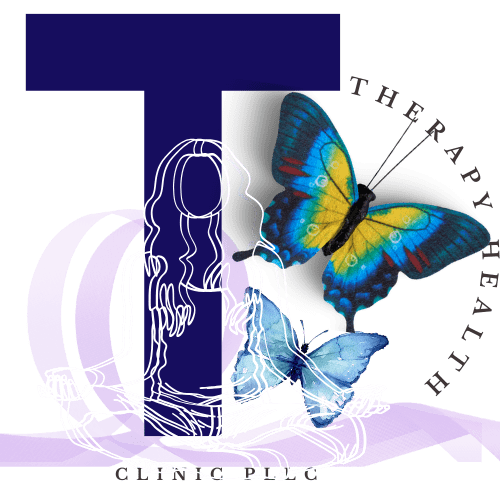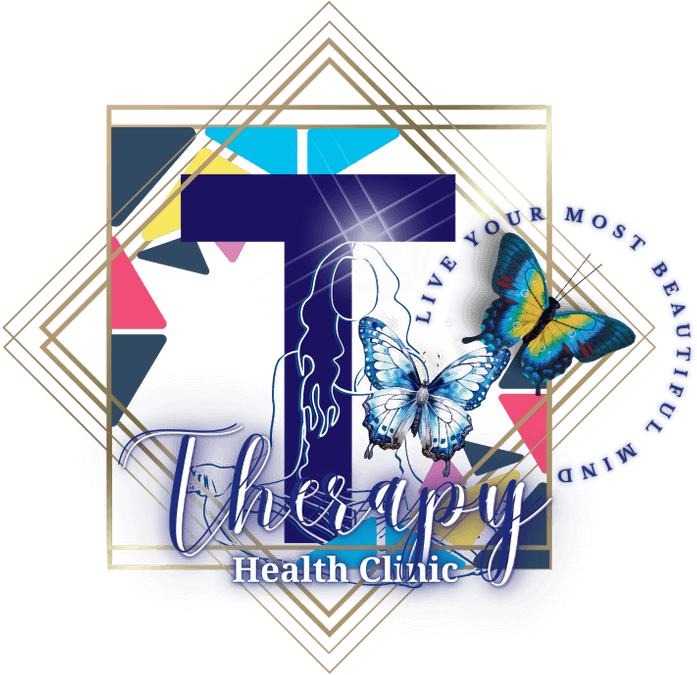Mental health treatment has evolved beyond traditional talk therapy, offering innovative approaches that directly target trauma, anxiety, and stress-related conditions. Therapy Health Clinic in Oak Park, IL, specializes in evidence-based treatments like Eye Movement Desensitization and Reprocessing (EMDR), Brain Spotting, and Mindfulness-Based Therapy. These therapies address deeply rooted emotional challenges, promote self-awareness, and facilitate long-term healing. Each approach serves a unique purpose, helping individuals process distressing memories, regulate emotions, and develop resilience against mental health struggles.
Recognizing the Signs That May Require Specialized Therapy
Mental health conditions can manifest in various ways, impacting daily life, relationships, and overall well-being. Individuals experiencing any of the following symptoms may benefit from EMDR, Brain Spotting, or Mindfulness-Based Therapy:
- Frequent flashbacks or intrusive thoughts related to past trauma
- Intense emotional or physical reactions to specific memories or triggers
- Anxiety, panic attacks, or overwhelming stress
- Persistent feelings of sadness, guilt, or emotional numbness
- Difficulty concentrating or staying present in the moment
- Disruptive sleep patterns, including nightmares or insomnia
- Unexplained physical symptoms like headaches, muscle tension, or digestive issues
Why Comprehensive Therapeutic Approaches Are Essential
Traditional methods of therapy, while beneficial, may not always address the root causes of emotional distress. EMDR, Brain Spotting, and Mindfulness-Based Therapy take a more targeted approach, allowing individuals to work through trauma and negative experiences in a structured and effective manner. These therapies help reprocess painful memories, alter the brain’s response to triggers, and establish healthier coping mechanisms. Unlike conventional talk therapy, they actively engage the brain’s natural healing ability.
EMDR is particularly effective for those struggling with PTSD, as it helps desensitize distressing memories and create new, positive associations. Brain Spotting focuses on identifying specific eye positions linked to traumatic memories, allowing the brain to process unresolved emotions. Mindfulness-Based Therapy enhances awareness and emotional regulation, reducing stress and preventing the recurrence of negative thought patterns. Patients can achieve deep emotional healing and long-term psychological resilience by integrating these therapies.
Steps in the Treatment Process for EMDR, Brain Spotting, and Mindfulness-Based Therapy
- Initial Assessment and Consultation: A licensed therapist at Therapy Health Clinic thoroughly evaluates the most suitable therapeutic approach based on individual needs and mental health history.
- Developing a Personalized Treatment Plan: Based on the assessment, the therapist designs a structured treatment plan incorporating EMDR, Brain Spotting, or Mindfulness-Based Therapy, often combining elements for maximum effectiveness.
- Eye Movement Desensitization and Reprocessing (EMDR) Sessions: EMDR involves guided eye movements while recalling distressing memories, allowing the brain to reprocess them and reduce emotional distress. Sessions focus on desensitization, cognitive restructuring, and emotional stabilization.
- Brain Spotting Techniques: To access unresolved trauma, the therapist identifies specific “brain spots” through eye positioning. Clients are encouraged to focus on these spots while processing deep-seated emotional pain, leading to resolution and healing.
- Mindfulness-Based Therapy Practices: Clients engage in guided mindfulness exercises, breathing techniques, and meditation to cultivate self-awareness, emotional regulation, and present-moment focus, reducing stress and anxiety over time.
- Ongoing Support and Progress Monitoring: Regular sessions track progress, adjust treatment approaches as needed, and provide continuous support to ensure long-term healing and emotional resilience.
Preventing Mental Health Relapse Through Proactive Strategies
While therapy plays a crucial role in healing, maintaining mental well-being requires consistent effort. Developing strong coping mechanisms and lifestyle changes can significantly reduce the likelihood of relapse. Mindfulness practices help individuals stay grounded and aware of emotional triggers before they escalate. Practicing self-care, maintaining healthy relationships, and engaging in positive social interactions foster emotional stability. Sleep hygiene, nutrition, and regular exercise also contribute to mental resilience. Integrating therapy techniques into daily routines reinforces progress and prevents setbacks. Seeking periodic therapy check-ins can offer additional guidance and support, ensuring long-term emotional well-being.
How Therapy Enhances Quality of Life in the Long Run
Patients who undergo EMDR, Brain Spotting, or Mindfulness-Based Therapy often experience profound changes in their mental and emotional health. By reprocessing trauma and rewiring negative thought patterns, individuals regain control over their emotions and reactions. Many report improvements in self-confidence, emotional regulation, and overall mood stability. These therapies also strengthen problem-solving skills, enhance interpersonal relationships, and reduce the impact of stress. Over time, clients develop a greater sense of self-awareness, resilience, and the ability to handle life’s challenges confidently.
Frequently Asked Questions
How do I know which therapy is right for me?
A licensed therapist will conduct an initial assessment to determine which approach best suits your needs, ensuring an individualized treatment plan.
Is EMDR only for PTSD?
While EMDR is highly effective for PTSD, it is also beneficial for anxiety, depression, phobias, and other emotional distress caused by past experiences.
Can Brain Spotting work for everyone?
Brain Spotting is effective for many individuals, particularly those struggling with trauma, anxiety, or chronic stress. However, results may vary based on personal experiences and openness to therapy.
How long does Mindfulness-Based Therapy take to show results?
The timeline varies for each person, but regular mindfulness practice can lead to noticeable improvements in emotional regulation and stress reduction within a few weeks.
Do these therapies require long-term commitment?
The duration of therapy depends on individual needs and progress. Some clients achieve significant relief in a few sessions, while others benefit from continued sessions for sustained healing.
Take the Next Step Toward Healing
Mental health is essential to overall well-being, and effective therapy can create lasting change. At Therapy Health Clinic in Oak Park, IL, we specialize in EMDR, Brain Spotting, and Mindfulness-Based Therapy to help individuals overcome emotional distress and regain balance. Whether you are struggling with trauma, anxiety, or stress, our experienced therapists are here to guide you toward healing and resilience.
If you are ready to take control of your mental health, contact Therapy Health Clinic today to schedule a consultation. A healthier, more balanced life is within reach, and we are here to support you every step of the way.







